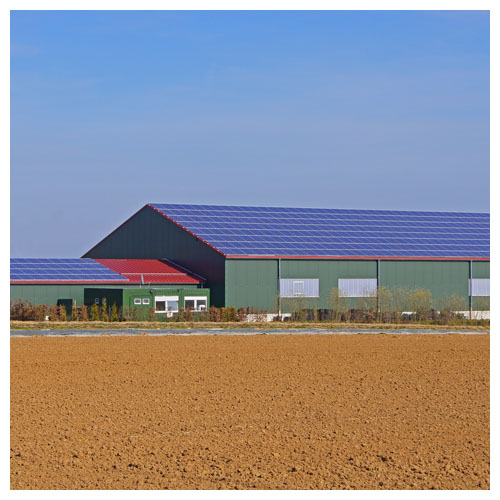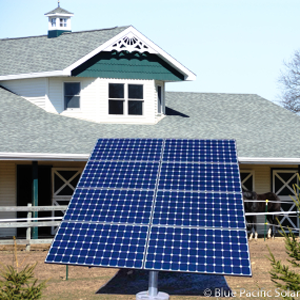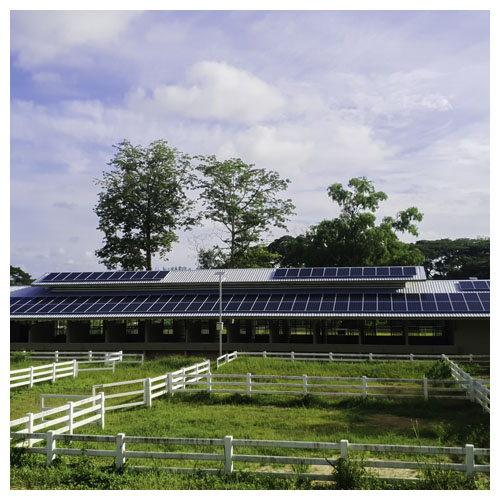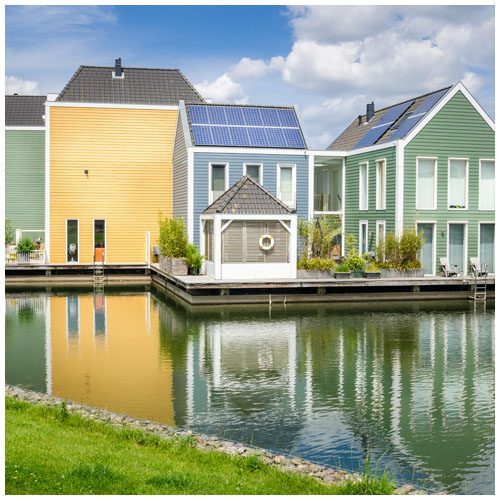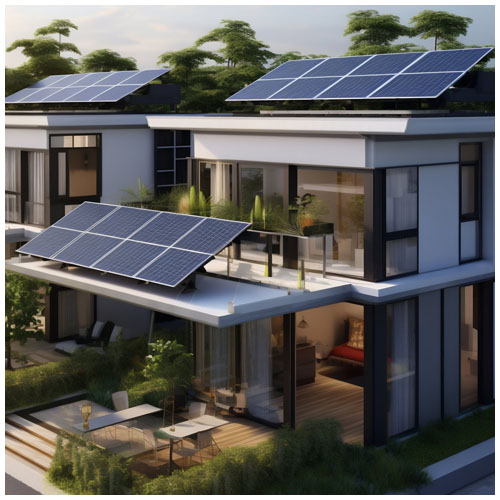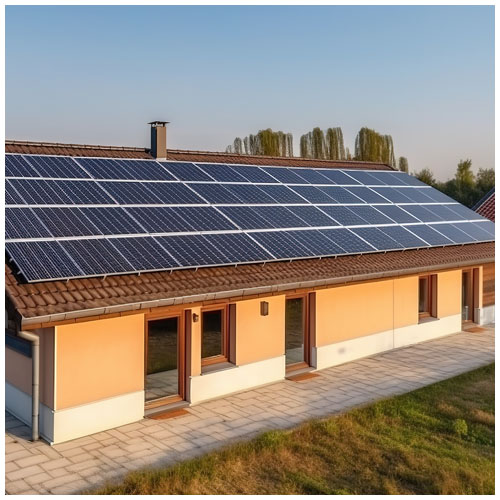Do your Solar Shopping Today
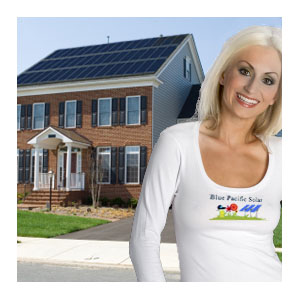
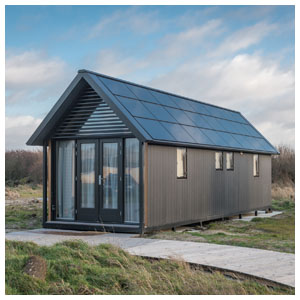
Off-Grid Systems
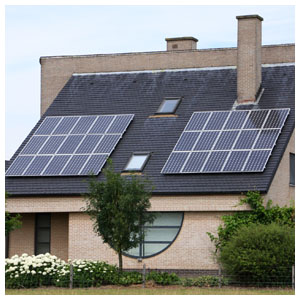
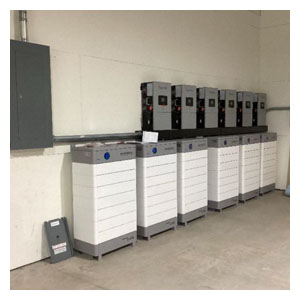
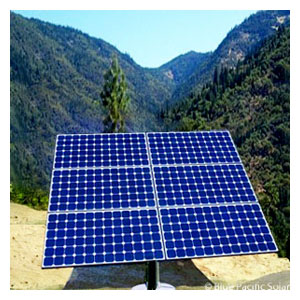
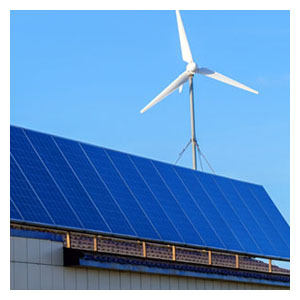
Wind Solar Systems
Harnessing the Power of the Sun: A Guide to Commercial Solar Systems, Panels and Equipment
The sun, a giant ball of burning gas 93 million miles away, bathes our planet in a constant stream of energy. While we often take its warmth for granted, this potent resource can be harnessed to power our homes, businesses, and entire communities. For commercial enterprises, **solar energy** presents a unique opportunity to reduce energy costs, boost sustainability, and gain a competitive edge.
Why Go Commercial Solar?
Investing in a commercial solar system offers a multitude of benefits:
Financial Savings: Solar panels generate clean electricity, reducing your reliance on the traditional grid and lowering your monthly energy bills. Over time, these savings can be substantial, leading to a significant return on investment (ROI).
Energy Independence: Fluctuations in grid-based electricity prices can be unpredictable and disruptive. Solar power provides a degree of energy independence, shielding your business from the volatility of the market.
Environmental Sustainability: By adopting solar, you significantly reduce your carbon footprint and contribute to mitigating climate change. This eco-conscious approach resonates with customers and employees alike, enhancing your brand image.
Government Incentives: Numerous government programs and incentives are available to encourage businesses to switch to solar. These can further reduce installation costs and shorten the payback period.
Components of a Commercial Solar System
A typical commercial solar system consists of several key components:
Solar panels: These photovoltaic modules convert sunlight into direct current (DC) electricity. Modern panels are highly efficient, capturing a significant portion of the available solar energy.
Inverters: Inverters transform the DC electricity generated by the panels into usable AC electricity compatible with the utility grid.
Mounting system: This structure securely attaches the solar panels to your roof or ground, ensuring optimal sun exposure and stability.
Balance-of-system (BOS) components: This includes essential wiring, disconnect switches, monitoring systems, and other equipment necessary for proper system operation.
Choosing the Right Solar Equipment
With a diverse range of solar panels, inverters, and mounting systems available, selecting the right equipment for your specific needs is crucial. Factors to consider include:
Energy requirements: Assess your average and peak energy consumption to determine the system size needed.
Available space: Rooftop or ground-mounted systems have different space requirements and efficiency considerations.
Budget: Different equipment options vary in price and performance. Compare quotes from reputable solar installers to find the best value for your investment.
Beyond the Basics: Advanced Solar Solutions
Commercial solar technology is constantly evolving, offering additional options to enhance your system's capabilities:
Battery storage: Store excess solar energy for later use, increasing your independence from the grid and potentially powering your business during outages.
Solar carports: Provide covered parking while generating clean electricity, ideal for large parking lots.
EV charging stations: Power electric vehicle charging stations with your solar system, attracting environmentally conscious customers and employees.
Making the Switch to Solar
Implementing a commercial solar system can be a complex process, but with the right resources and guidance, it can be a smooth and rewarding experience. Here are some steps to get started:
Conduct a site assessment: A qualified installer will evaluate your property and energy needs to recommend the optimal system design.
Obtain permits and approvals: Navigating the permitting process may involve working with your local government and utility company.
Installation and commissioning: DIY installers will handle the safe and efficient installation of your solar system.
The Future of Commercial Solar
As solar technology continues to advance and costs decrease, commercial solar is poised for even greater adoption. With its financial benefits, environmental advantages, and growing availability, solar power is becoming an increasingly attractive choice for businesses of all sizes. By harnessing the power of the sun, you can power your business success and contribute to a brighter future for all.
Investing in a commercial solar system is a smart decision for your business, the environment, and the future. Take the first step towards a more sustainable and cost-effective future today.
If you're interested in installing a Commercial DIY solar panel system, here are the steps involved:
- Determine your energy needs
- Choose a location for your solar panels
- Select your solar panels
- Purchase the necessary equipment
- Install the system
Tips for Building Your Commercial DIY Solar System
Here are a few tips for building your DIY agriculture solar system:
- Do your research
- Start small
- Get help from others
Conclusion
DIY commercial solar panel systems are a great way to reduce your home's reliance on fossil fuels, save money on energy costs, and improve your environmental impact. With a little planning and effort, you can build a DIY commercial solar system that will help you power your buildins or years to come.

